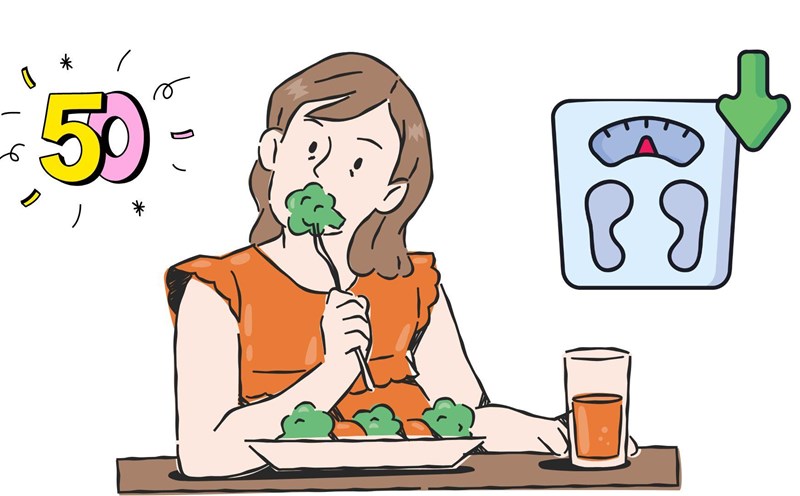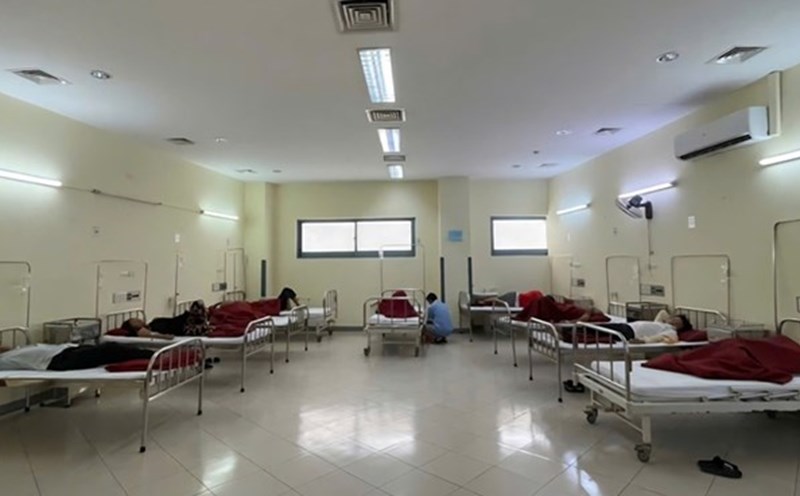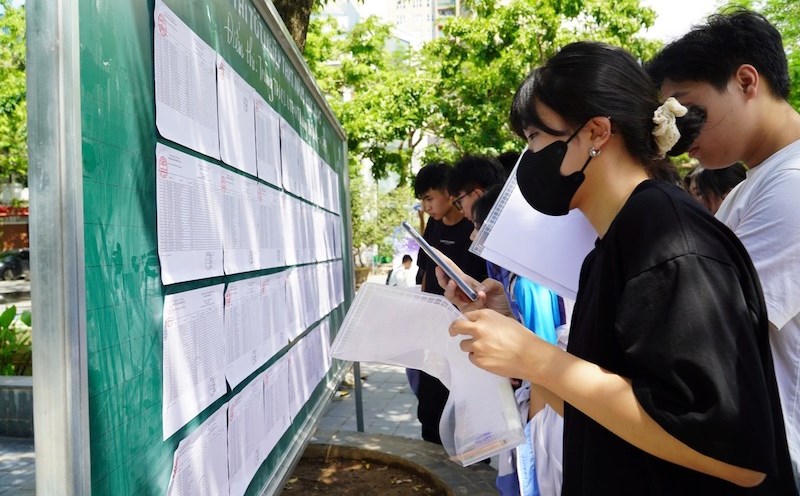When you smell the seductive aroma of a restaurant or holiday dish, you may not have eaten yet, but your blood sugar level has begun to fluctuate. It may seem unreasonable, but science has proven that this is a completely real reaction of the body, according to Indianexpress.
According to Dr. Rajiv Kovil, Head of Diabetes at Zandra Healthcare (India), when the brain receives flavor signals from food, the body will start the "preparation mechanism".
The nervous system immediately sends signals to the liver to release glucose into the blood, in order to be ready to provide energy for the upcoming meal. At the same time, stress hormones such as adrenaline and cortisol are also activated.
Dr. Vijay Negalur, Head of Diabetes Department at KIMS Hospital (India), further explains that the aroma of food can trigger an early insulin response, the body produces insulin even before eating.
This helps prepare for digestion, but can lead to mild hypoglycemia if there is no food in the stomach immediately.
For normal people, this reaction does not cause too much impact. However, according to Dr. Narander Singla (CK Birla Hospital, Delhi), people with diabetes or metabolic disorders may have difficulty controlling blood sugar levels. Because their bodies do not process insulin effectively, the amount of sugar released from the liver can remain high, prolonging the state of hyperglycemia.
Interestingly, the smell of sweets, fried foods, or starchy foods can cause a stronger reaction than other dishes. During holidays and family gatherings, where food odors are always present, these reactions can occur many times, affecting the disease control process.
Experts recommend that although the smell of food does not significantly increase blood sugar, understanding how the body reacts to such signals will be necessary for people with diabetes. Because blood sugar is not only affected by what you eat, but also by what you think and feel.











